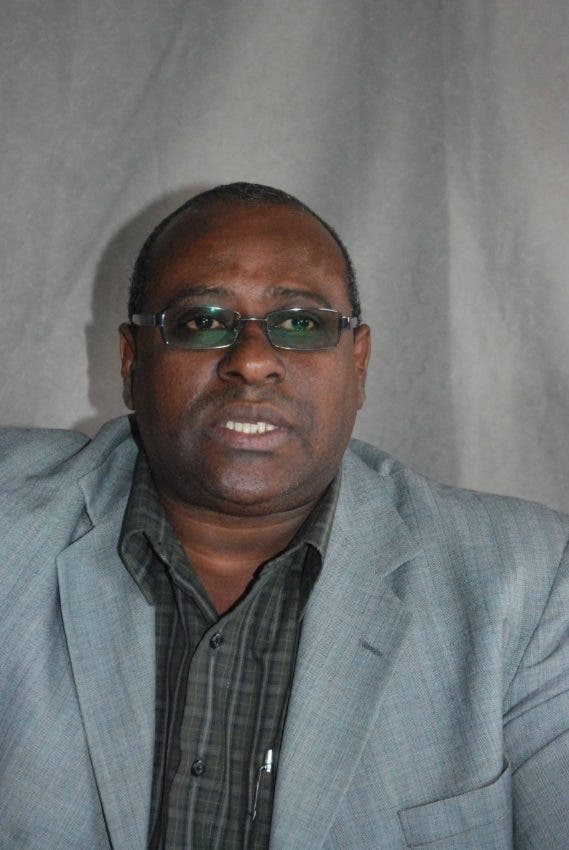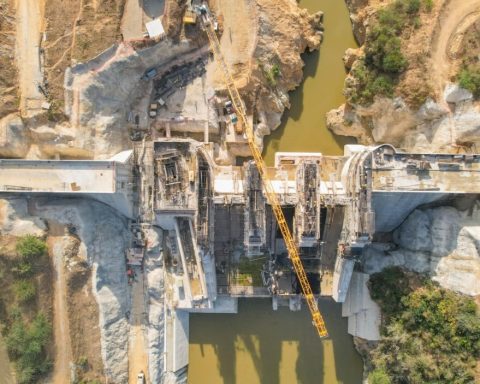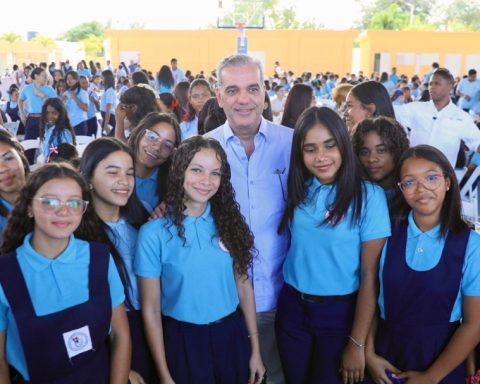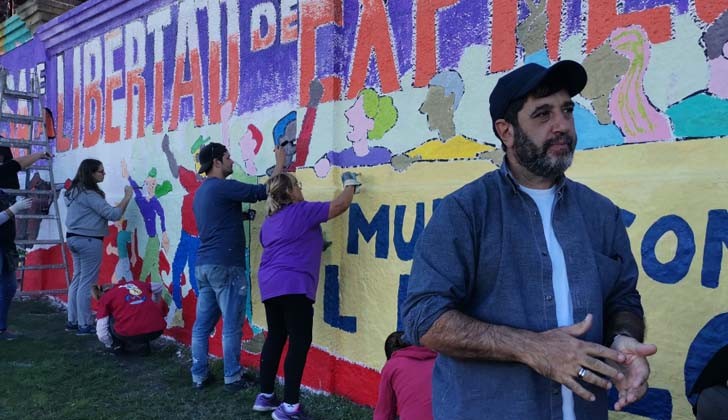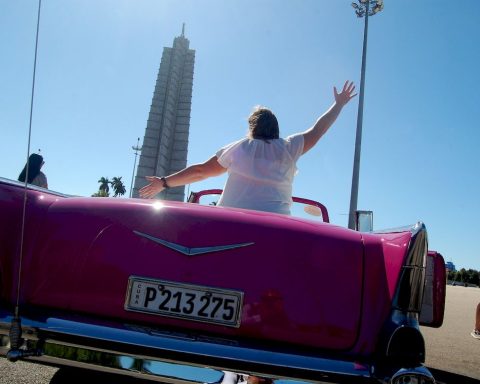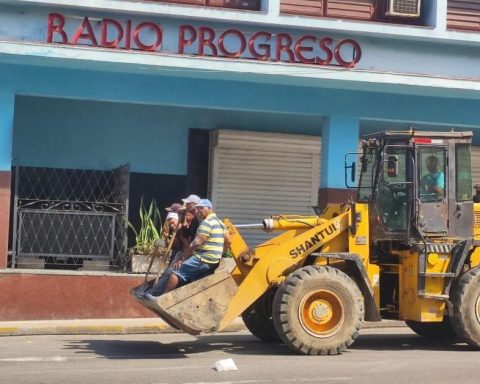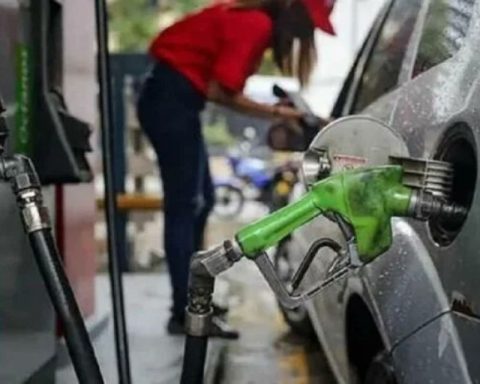The president of the Confederation of Tourist Carriers (Codotatur), Santiago Zamora, rhighlighted the effort and sacrifice of the Government to maintain the fuel subsidy plan, in order to prevent increases in the price of a barrel of oil in the international market from being transferred to the final consumer in the country, after acknowledging that it is unsustainable measure, which represents an economic burden for the Dominican State.
He stressed that the establishment of this subsidy in the cost of hydrocarbons has prevented a large-scale inflationary process from being unleashed, due to increases in the prices of goods and services, as in the case of passenger and merchandise transportation that in some cases would have doubled its cost.
He said that in the case of passenger transport, both the government and carriers have been joining forces in an attempt to keep the price unchanged, on the understanding that the bulk of the population would not bear more tax burdens.
Zamora, referred to the subsidy that the transport sector receives from the State for its operation, “and what we are doing is a great effort together with the Government to guarantee that citizens continue to receive quality service and without increase,” he assured.
The union leader also indicated that if the State were not subsidizing the cargo and passenger transport sector, in order to maintain its operation it would necessarily have to increase the cost, which would translate into price increases for consumer products.
He held that through the sacrifice incurred by the operators of passenger service on urban and intercity routes, as well as in the tourism sector, carriers are collaborating with the State to guarantee balance and social peace.
“So transport organizations are bearing what the high cost of oil means for the Dominican Republic, and we congratulate the States for the great sacrifice they are incurring to cover part of the cost generated by fuels, due to the increases in the price of oil and other raw materials”, added the president of Codotatur.
Zamora said that thanks to this type of subsidy that is ignored, until when the Government will be able to bear that heavy burden in order to balance the prevailing economic peace and tranquility in the country.
In maintaining the fuel subsidy plan, the government has spent around 11 billion pesos to date, in continuity with the measures announced by President Luis Abinader, to avoid fuel hikes of up to RD$70, according to explained the Vice Minister of Industry and Commerce, Ramón Fermín.
He argued that to prevent the increases from reaching the pockets of Dominicans, the government is assuming a debt of around 900 million pesos, to avoid increases ranging from 16.65 pesos per gallon, in the case of LPG, to almost 70 pesos per gallon, in Optimo Gasoil.
Economists, businessmen, members of Congress and leaders of the union sector, as well as government officials, have agreed to highlight the effort that the government has been making to avoid increases in the cost of fuel, although they warn that it is an unsustainable economic burden for the Dominican State.
